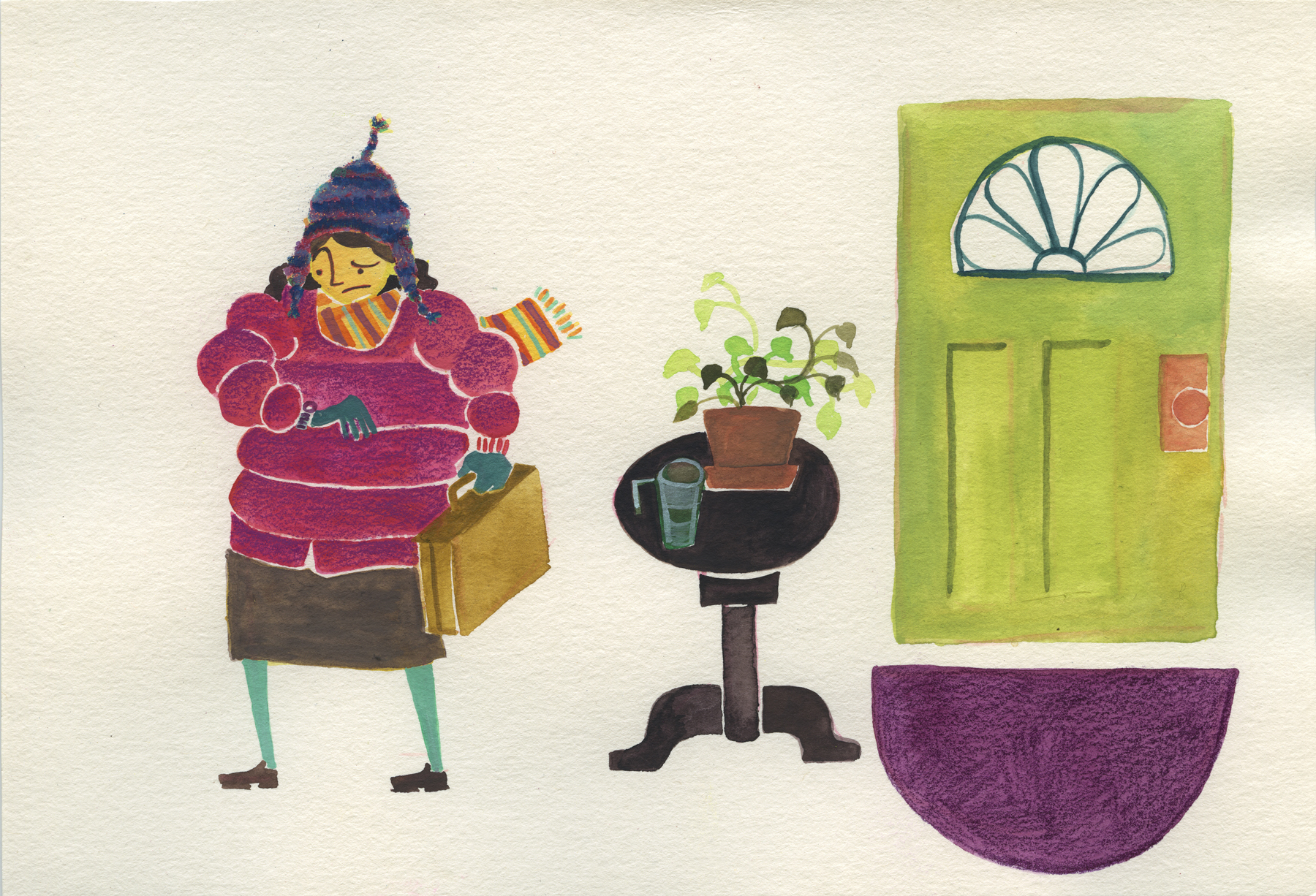Elastic Time
Definition
Plastic Time, also called Elastic Time, is "a framework that explains how technologies fit into our lives". Determining how Simultaneous Time affects the perception of time.
Inter researchers define plastic time as "an experience that is highly interruptible, shrinking and expanding around immediate concerns, and interleaving through multiple activities". Intel researchers tracked 169 laptops, conducted in-person interviews and worked with national time use datasets, to study the long term social transformations that have created this way of life.
They found that there were many aspects of daily life, such as computer usage, that 'flew under the radar', as it could be done not just in a rushed manner but at the right time, and could be "bent and stretched in such a way as to enable people to interleave the multiple activities going on in their lives, in both relaxed and high-pressure moments". They termed this "bending and stretching of time as "plastic" or "elastic time" as a way to describe the ways that people engaged with the "constraints and opportunities of modern life".[1] They found that these social conditions meant that people used technologies to "create more distractions for themselves, not less".[2] Mobile applications such as Angry Birds allow one to fit micro-entertainment into other moments in life, such as standing in line. These micro-applications allow one to subdivide reality by allowing moments within moments, a multitasking of place and time. An employee on a phone call in China may call from home in the evening while typing or performing other tasks online.
References
- ↑ Intel Research PaPR - Mobile Times. Accessed from the Internet Archive Way Back Machine on 29 Nov. 2011. http://web.archive.org/web/20100715175848/http://papr.intel-research.net/projects.htm
- ↑ Ibid.
